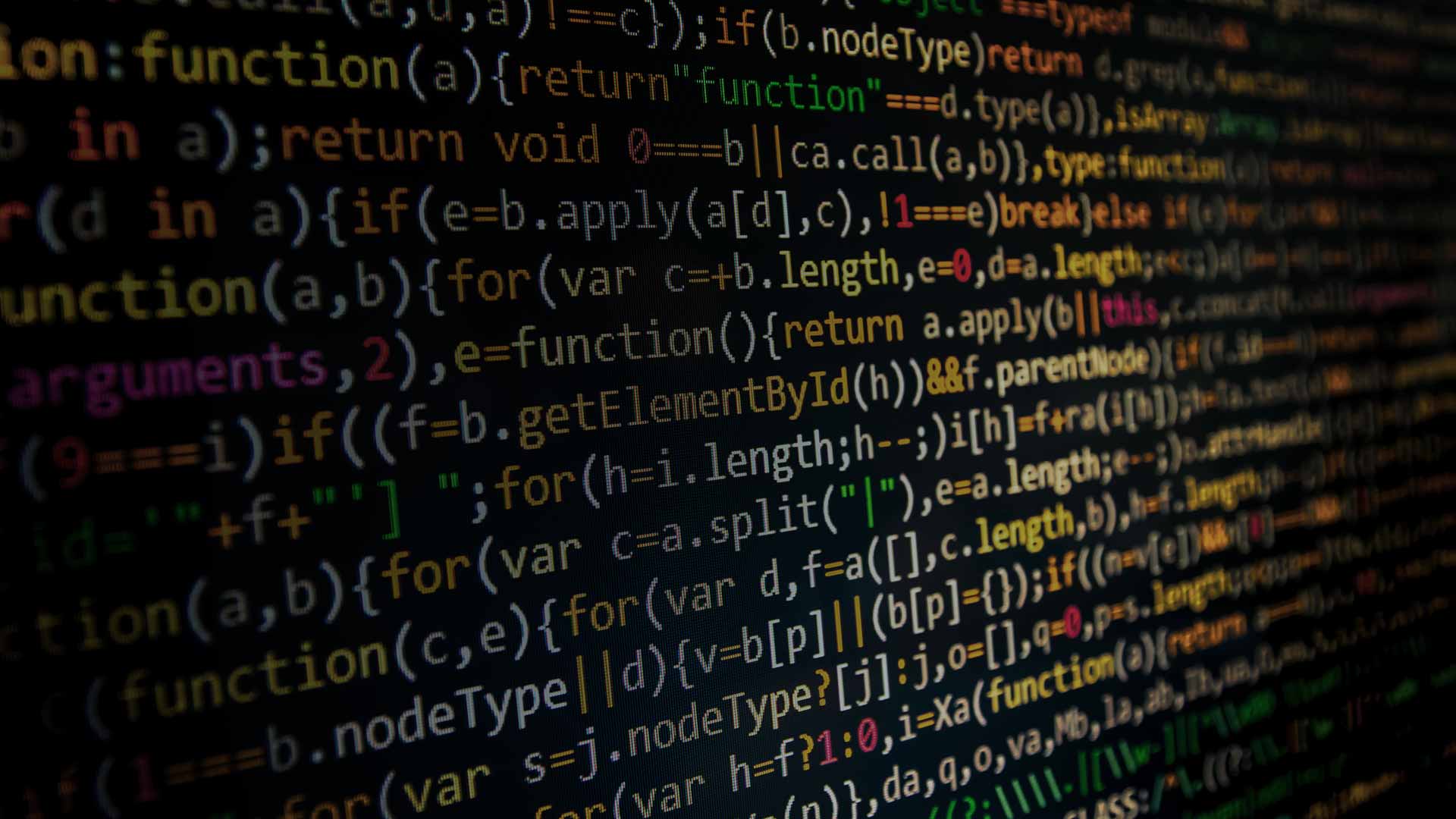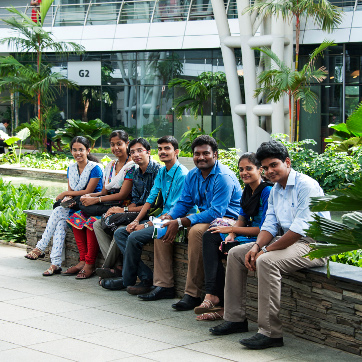June 2018 | 760 words | 3-minute read
At the latest edition of Google I/O — an annual Google developer conference — CEO Sundar Pichai demonstrated Duplex, Google’s new artificial intelligence (AI) capability that can place calls and talk to humans.
The audience burst into laughter as the AI bot responded with a “mm-hmm” to the hairdresser’s request to hold the line. Ethical and digital ramifications aside, this showcases the inroads technology continues to make into our lives. It has taken over complex human interactions and is gradually enfolding every aspect of our lives.
The Need To Code
As jobs and tasks become increasingly technology-oriented, employees across the board are realising the importance of learning to code. It is a key element of the overall design process. It helps not only to understand the application development process, its capabilities and drawbacks, but also to know how things will work in a holistic setting.
Across the world, every major application or the simplest of tools run on a code and logic; it is now our universal language.
A tool like Google translates hundreds of languages. A music app that connects people across 190+ countries. The crane that is building the construction project outside your office.
Despite this, some may still ask if there is any real necessity to learn it, given that user interfaces (UI) created around the code make our lives simpler. Notwithstanding the UI, the ability to program and understand code is becoming an essential skill for most jobs.
Teachers must learn coding as they use smartboards along with visual and interactive aids. Managers must learn to code, as digital programs make facets of our jobs such as marketing, finance and operations easier. Even parents must learn to code to provide a better learning experience to their children.
History has proved that with each cycle of innovation there is an innate understanding of what has led to it, as it becomes the centrifugal force for all development around it. In the industrial revolution, it was machines; in the digital era, code has replaced those very machines.
Not Just Computers
What makes coding a life skill today? The answer is simple: It now extends beyond the domain of a computer.
My greatest learning as a coder has been the development of a structured mindset and a dynamic problem-solving approach. If you can think in code, you can adopt a more balanced, collaborative and analytical approach to problem solving, going beyond mere gut instinct.
Coding also plays an integral part in our daily lives now because the gizmos that we have come to rely on, including the ubiquitous smartphone, are powered by code and AI. Consequently, if we must know how to fix or figure things out when something goes wrong with these gadgets, we need to know how to code. After all, these gadgets control most facets of our lives today.
Many schools have already recognised this and introduced coding into their curriculums. In fact, Tata Consultancy Services others the ‘Ignite My Future in School’ programme in America to encourage computational thinking among middle-school children. Scratch, developed in part by MIT educator Mitch Resnick, is an open source programming language for primary-schoolers that helps them code and create projects in art, animation and design.
I completely agree with Resnick when he says, “Coding is not just for computer whizzes”. At the same time, I believe a concerted effort is required to ensure that the process of learning coding is simplified to make it as natural as riding a bicycle.
The Future
We can already see that many day-to-day activities can be executed through AI. We can also see machines outperforming humans even in the most unpredictable of things like the ‘Go’ match between Lee Sedol, a Go champion, and AlphaGo, a computer Go program; AlphaGo won all but the fourth match. Even things you would normally never trust anything but a human to do — like surgery, controlling satellites, etc — are today being done by machines.
Going forward, we envisage this impact of digital interventions to only keep increasing. A colleague recently quipped that we are slowly moving towards a future where we will become a mix of humans and machines. With machines already such an inextricable part of our daily lives, I would go so far as to say that day is already here.
Just as the basic building blocks of the human body are cells, tissue, nerves, bones, and so on, machines and all technology is built on code. Therefore, learning and understanding the building blocks of technology is now just as important as understanding what makes us what we are.
—Aniruddha Mitra













